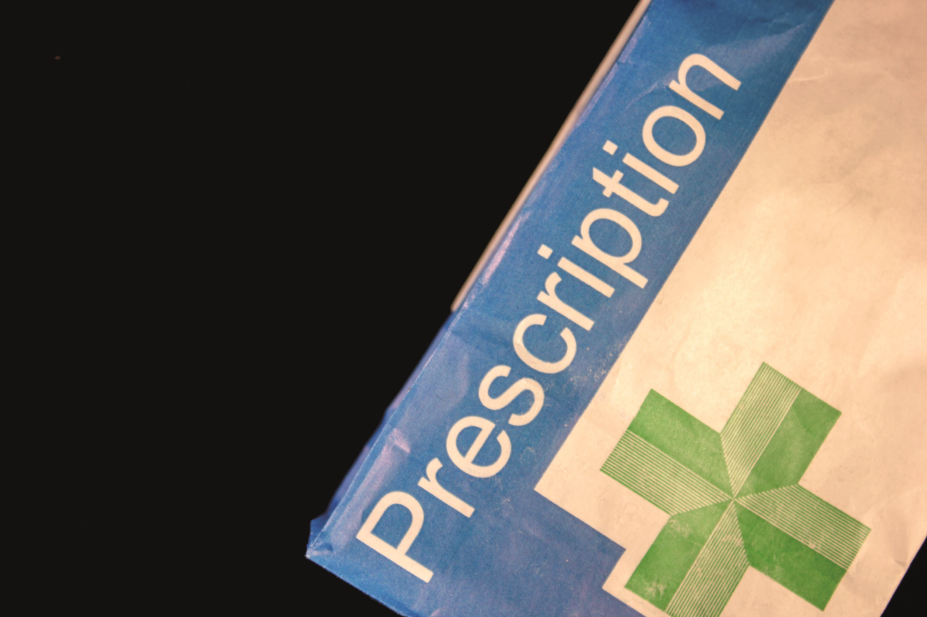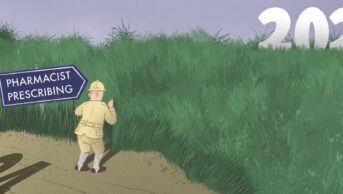
Shutterstock.com
Guidance for pharmacist prescribers is “too restrictive” and could make it more difficult for patients to access the medicines they require, respondents to a General Pharmaceutical Council (GPhC) consultation have said.
Draft GPhC guidance for pharmacist prescribers has been developed to help prescribing pharmacists provide safe and effective care by setting out areas for consideration, such as the circumstances in which it is appropriate to prescribe and safeguards for remote prescribing.
In response to a consultation question on the impact of the proposed draft guidance “on patients and the public”, 67% of 284 responses said they would have a positive impact.
For each of the nine proposals laid out by the GPhC, the vast majority of respondents said they agreed and 76% said they thought the GPhC had identified all of the necessary areas for ensuring safe and effective care is provided.
However, a nearly quarter of the respondents (21%) thought that the proposals would have both a positive and negative impact on pharmacist prescribers.
The GPhC’s report on the consultation said that some of the respondents to the consultation survey, which ran from 29 March 2019 to 21 June 2019, said they felt that the guidance was ”too restrictive” and would result in pharmacist prescribers becoming “too risk averse to prescribe confidently”.
The responses to the survey, which were set out in the GPhC’s papers for its council meeting on 12 September 2019, revealed that some felt the guidance was “too heavily focused” on community pharmacy and, consequently, did not account for the different procedures and processes in place across other settings, such as hospitals and prisons.
Several respondents also criticised the patient summary care record (SCR) and said it was not an appropriate source of information to rely on for prescribing in isolation. Others said that that the SCR was “prone to being inaccurate”, could not be updated by a pharmacist prescriber and did not always contain robust information to make an appropriate decision on whether to prescribe.
It was suggested by some respondents that it was good practice for pharmacist prescribers to use two sources of information, such as test results or hospital letters, instead of just one, in order to prescribe safely.
A common theme that emerged from the consultation on prescribing pharmacists, according to the GPhC’s papers, was how the draft guidance would sit in relation to existing guidance on prescribing from the General Medical Council, the Royal Pharmaceutical Society and Health Education England. A need for a more integrated approach to prescribing across the different health professions was highlighted.
The consultation analysis report will be discussed by the GPhC council at its meeting on 12 September 2019.
The GPhC published separate guidance for online pharmacies in April 2019.
You may also be interested in

A prescribing service for England’s pharmacies: everything you need to know

Electronic prescribing system for pharmacy pathfinder programme should be ready from spring 2024, says IT provider
